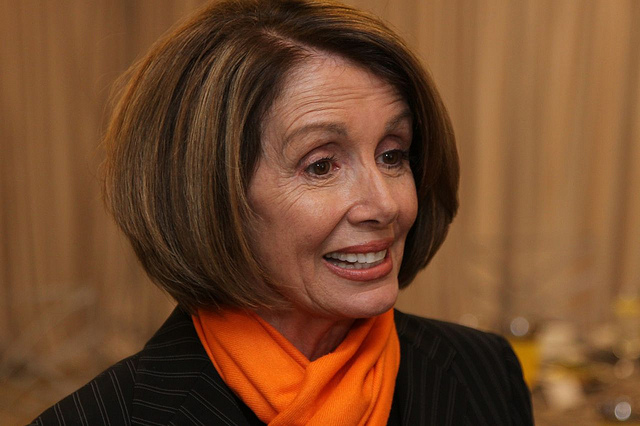The firestorm over comments made by MIT economist Jonathan Gruber has not helped the cause of the White House and defenders of the ACA in Congress. The historical landslide in the recent mid-term elections will also bring a major legislative backlash in the new House of Representatives and U.S. Senate early in 2015.
I had high hopes for the ACA. I have been a supporter of healthcare reform dating back to my college days and at graduate school many decades ago. The goals of universal coverage, elimination of pre-existing condition limitations and allowing dependents to stay on their parents plan until age 26 are all things I fully support.
However, the rollout of the ACA was a debacle. The campaign promise that, "You can keep your plan if you like it" and that "you can keep your doctor" was given 4 Pinocchios by the Washington Post, not exactly a friend of the GOP. Ask Nixon.
Now after the self-proclaimed architect of the ACA touts the lack of transparency in the design of the ACA to fool the American voters and how stupid "we" are, don't expect a warm and fuzzy reaction in a GOP-controlled Congress. House Democratic leader and the White House are now busy "misremembering" the major role that Gruber played in drafting the ACA and are hoping the public will eventually, too.
What's next? Both the House and the Senate will vote to repeal Obamacare in January. The House has already done this a few dozen times, but now Harry Reid can't block a vote in the Senate. The president will veto this legislation. There will be political grandstanding with press conferences and dire predictions on both sides. Nothing will happen. There is a very little, if any chance, the GOP will have the votes to override a presidential veto.
What will most likely pass is a repeal of the tax on medical device manufacturers, which reportedly has bipartisan support. This will be problematic to the president and ACA supporters, because this will directly affect the proposed financing of the ACA. That lost revenue will have to be accounted for. Let me guess? Higher costs to consumers and companies providing health benefits to employees and their families? Is that correct, Mr. Gruber?
What will also likely pass Congress is a bill repealing the little-known provision providing a safe harbor to health insurance companies under the ACA, which essentially allowed a federally financed bailout if they end up losing money.
The ACA is here to stay, in my opinion, but incremental changes will be attempted. The GOP will support legislation to lower malpractice costs, allow small employers to band together in purchasing cooperatives, allow health insurance to be sold across state lines and make the implementation and administration of the ACA a state responsibility and not run by the federal government.
The president's own recent in-house advisory group recommended that the ACA be run by the states, because healthcare, like politics, is all local. This received very little, if any, play in the mainstream media. In fact, at least two major, national, mainstream news outlets have yet to even mention the controversy surrounding Jonathan Gruber's videotaped comments and the firestorm it has created. I guess they misremembered to run the story.
Finally, for other possible changes, see a previous article of mine at Insurance Thought Leadership on April 9, 2014, regarding how the ACA has gutted major elements of the bipartisan healthcare reform efforts in Massachusetts by virtually eliminating experience rating for small to mid-size employers.
Gruber predicted health insurance premiums are going down because of the ACA. Please tell that to all the small and mid-sized employers across the U.S. I have not heard from one whose costs are going down. Maybe they misremembered.
It's time to fix the ACA with a bipartisan effort and study what works and what doesn't, and certainly not be based on what someone in an ivory tower believes. He thinks we all are stupid anyway.








